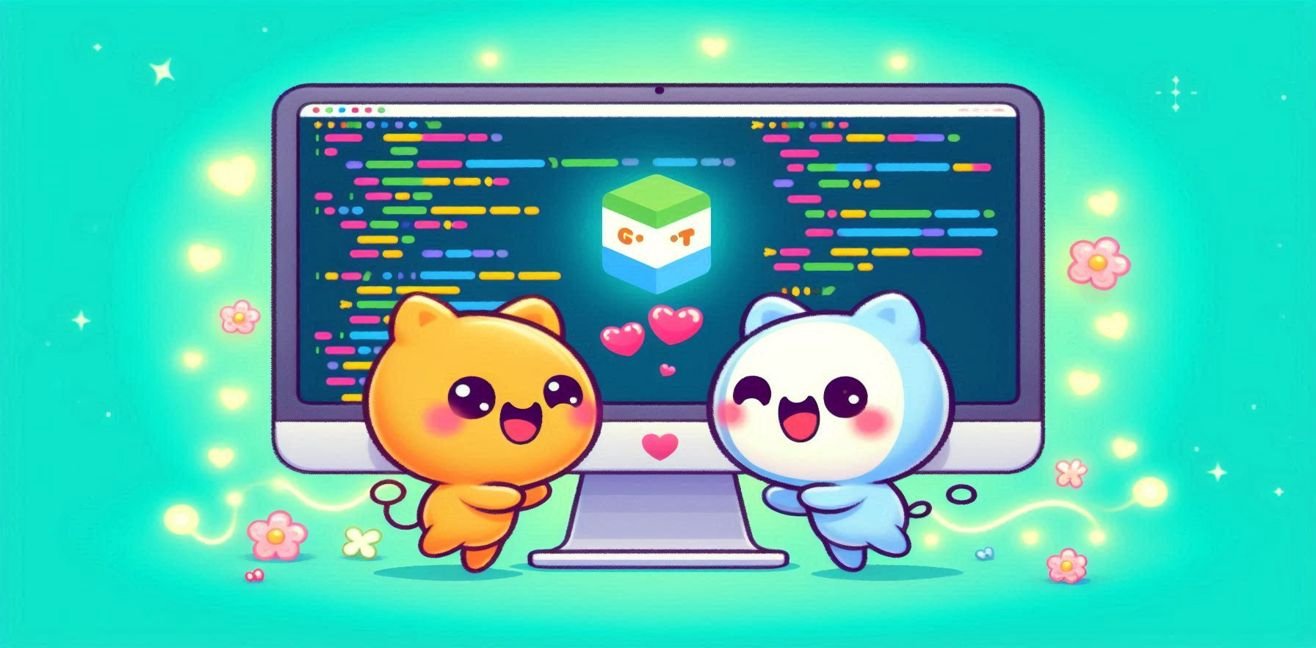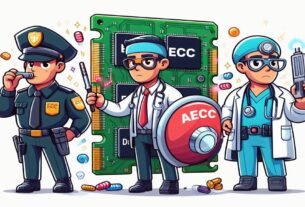Hello, tech enthusiast! When writing code in software projects, managing changes, keeping the team synchronized, and growing the project healthily is crucial. Here come the heroes of this task: version control systems (VCS), and their most popular representatives — Git and GitHub!
What is Git? — The Heart of Distributed Version Control 💓
Git is a distributed version control system developed by Linus Torvalds in 2005. Distributed means every developer has a full copy of the repository on their own computer, minimizing dependency on a central server.
Technical Features of Git:
- Snapshot System: Git stores changes not as file differences but as snapshots of the entire project at a given time. This offers high efficiency in data storage.
- Branching and Merging: Developers can create branches to isolate new features and safely merge them back into the main branch when ready.
- SHA-1 Hashing: Every change and file is identified by a unique SHA-1 hash code, guaranteeing the integrity of changes.
- Staging Area: Changes aren’t committed directly; they are first placed in a staging area, allowing precise control over what gets committed.
- Commit History: All past changes are recorded with detailed messages.
Advantages of Git:
- Works offline — you can access the entire history without internet
- Fast and flexible
- Powerful branching and merging keeps complex projects organized
What is GitHub? — Git’s Social Home on the Internet 🌐🏠
GitHub is a web-based service that hosts Git repositories and provides a platform for social code sharing. It doesn’t just store code but makes teamwork, project management, and open source collaboration easy.
Technical and Social Features of GitHub:
- Repository Management: Hosting code, viewing versions, managing files and folders.
- Pull Requests (PRs): Propose code changes, review, and approve them — improving code quality.
- Issue Tracker: Track bugs, feature requests, and tasks. Ideal for project management.
- Actions & CI/CD: Define workflows for automatic testing, building, and deployment.
- Wiki & Documentation: Store and share project documentation with team members.
- Community & Social Coding: Forking, starring, and watching projects help them gain popularity and grow developer communities.
How Do Git and GitHub Work Together? 🚀
- Create a Local Repository: Use
git initto start a repo on your computer. - Track Files: Stage your changes with
git add. - Commit: Save changes to your local repo with
git commit. - Connect to Remote Repository: Use
git remote add origin <url>to link to a GitHub repo. - Push: Send your local commits to GitHub with
git push. - Pull: Get updates others made with
git pulland merge them locally. - Pull Request: Open a PR on GitHub to propose new features or fixes, get reviewed, approved, and merged into the main branch.
Why Should You Fall in Love with Git and GitHub? ❤️🔥
- Facilitates Teamwork: Multiple developers can comfortably work on the same project simultaneously.
- Error Management and Revert: Mistakes can be easily undone.
- Contribute to Open Source: You can contribute to thousands of projects or share your own with the world.
- Project Tracking and Management: Issues, projects, and workflows keep everything organized.
- Professional Portfolio: Your GitHub profile is a fantastic showcase of your coding skills.
The Golden Rules of Coding with Git and GitHub 📜
- Commit frequently: Break your changes into small, meaningful pieces.
- Write meaningful commit messages: Instead of “Fixed bug,” say “Fix login bug on mobile devices.”
- Use branches: Protect the main branch, open new branches for features or fixes.
- Collaborate with pull requests: Discuss your code with teammates and improve quality.
- Pull regularly: Stay updated by getting others’ changes.
My Final Words💬
Git and GitHub are the inseparable duo of the software world! Learning and using them correctly is essential both to secure your code and for your professional growth.
Now you know — when you write code, you’re never alone; Git is your heart, and GitHub is the stage where you always shine. Crown your projects with this duo and let your code sparkle like stars! 🌟🚀




